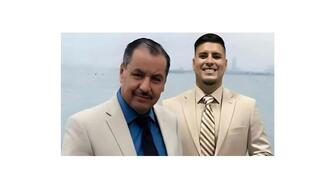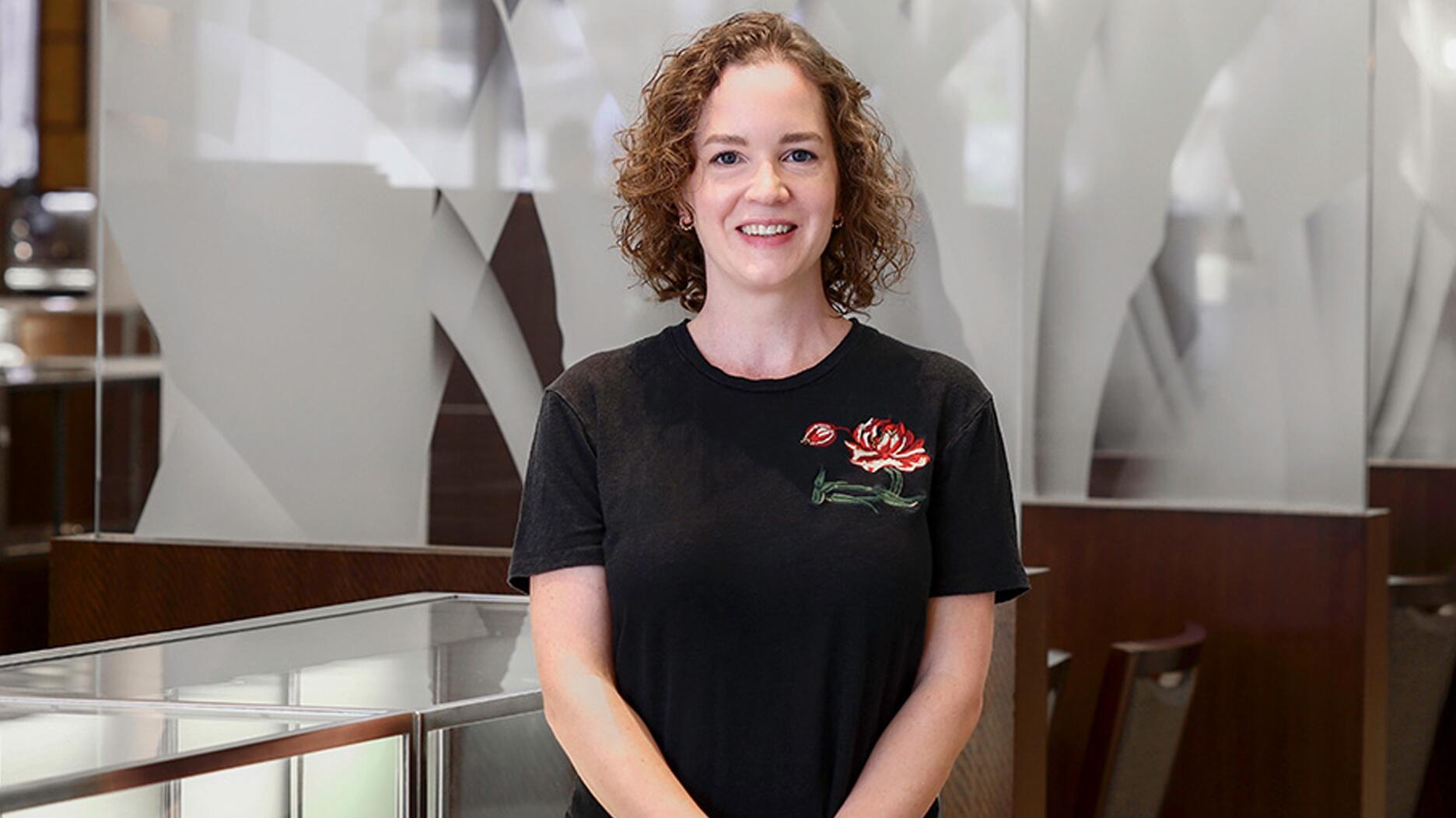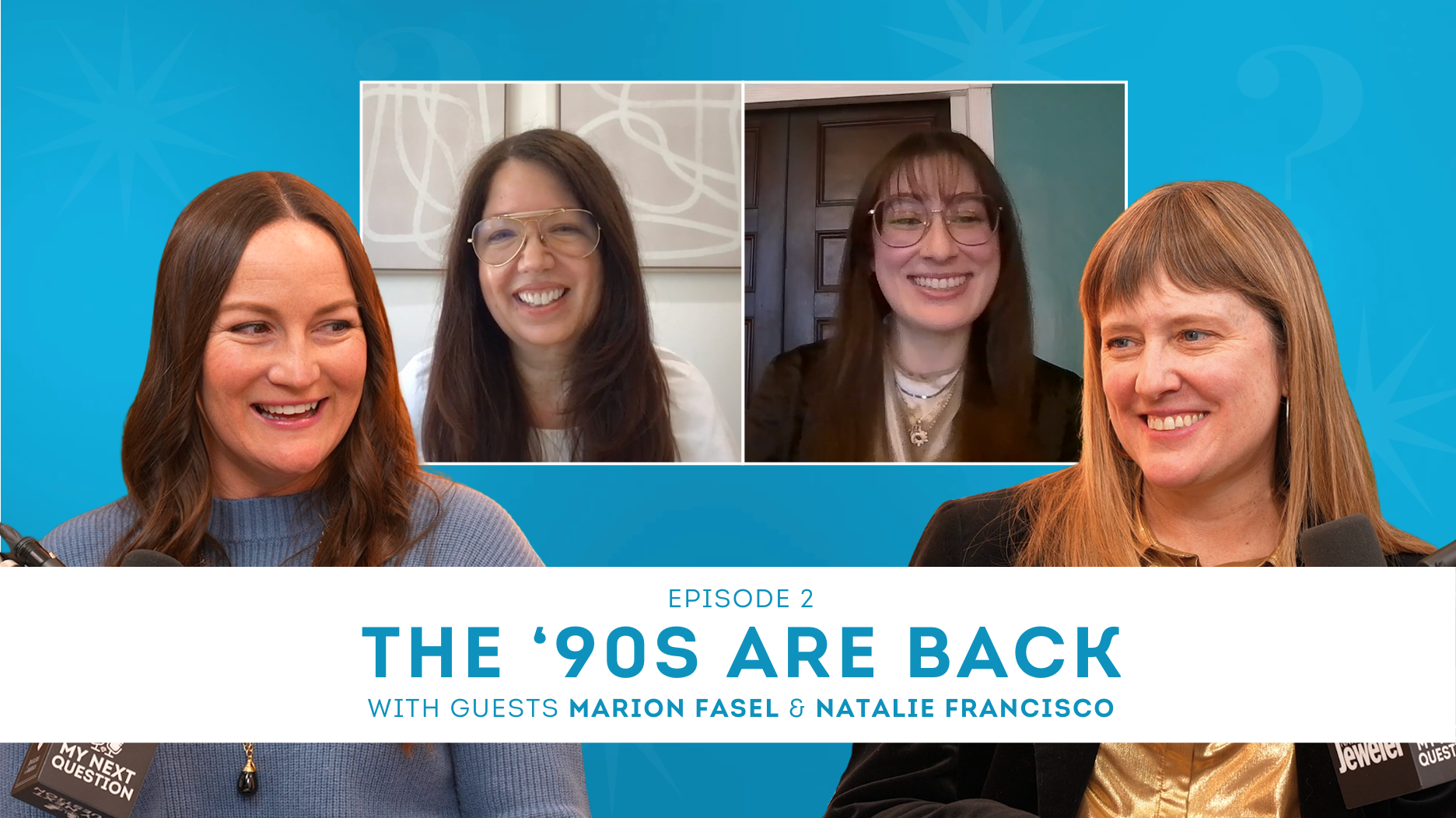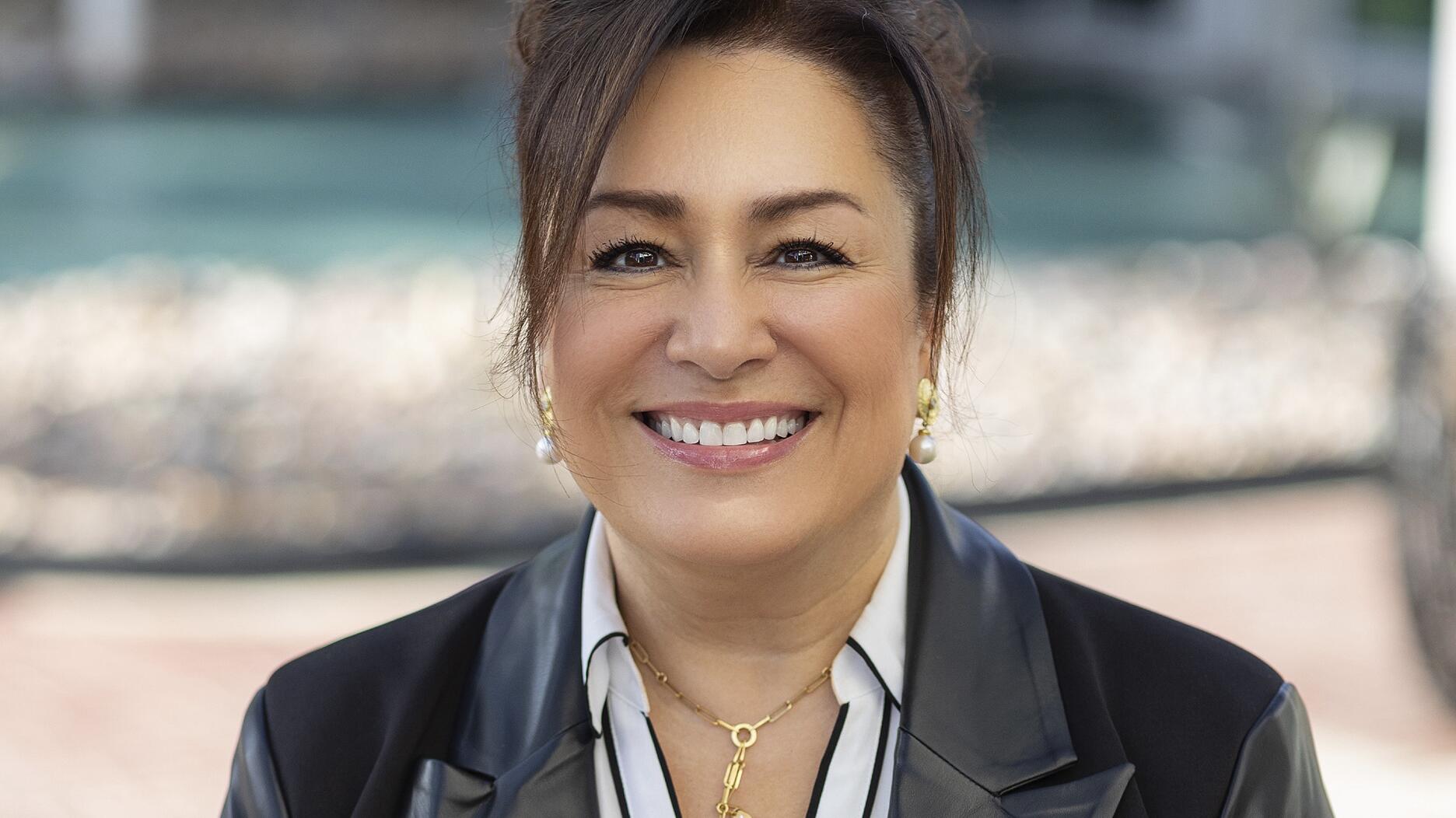Chicago police and members of the U.S. Marshals Service tracked down the 35-year-old suspect earlier this week in St. Louis.
What to Consider When Screening Employees for COVID-19
During a webinar Wednesday afternoon, an attorney who specializes in employment litigation gave a list of dos and don’ts for employers to consider as businesses reopen.
New York—While much of the country remains under lockdown, there are a handful of states allowing businesses to reopen right now, with more set to follow on May 1.
For businesses reopening now, or looking to do so in the next month, there is much to consider.
They need to worry about, among other issues, how to clean and keep employees and customers safe, and the local laws regarding how many people can be let in the store at one time.
There’s also this: how to screen staff for COVID-19 without violating any employment laws and what to do with the information if an employee tests positive.
On Wednesday, an attorney who specializes in employment litigation helped clear up those issues.
Tom McCormick, a partner in the Columbus, Ohio office of law firm Vorys, was part of a five-person webinar presented Wednesday afternoon by Centurion titled “Navigating the Key COVID-19 Legal Issues Impacting Jewelers.”
Tiffany Stevens, president, CEO and general counsel of the Jewelers Vigilance Committee, moderated the panel.
McCormick outlined what employers can, and cannot, ask of employees when they return to the store following the shutdown.
According to McCormick, the Equal Employment Opportunity Commission (EEOC) and the Centers for Disease Control and Prevention say employers can:
—Take employees’ temperature at their place of work;
—Ask if they’ve been tested for COVID-19; and
—Do targeted screening of employees, but, McCormick cautioned, only if there is a credible belief based on objective evidence that they might have the coronavirus, like a hacking, persistent cough.
“Otherwise, you should not be targeting any employees,” he said, noting all EEOC guidance on workplace discrimination continues to apply.
Employers cannot discriminate against employees based on age, race, sex, disability, etc.
McCormick said employers also can ask their employees if they’ve come in contact with anyone who has, or has had, COVID-19, but they cannot ask them specifically if family members have contracted or are exhibiting coronavirus symptoms.
He also suggested employers consider having their employees fill out a wellness certificate when they arrive to work stating they took their temperature before they left the house that day and are otherwise symptom-free.
One of the retailers on the panel, Michael Richards, vice president of Underwood Jewelers, which operates three stores in Florida, said the company has purchased forehead thermometers for testing.
If employers discover one of their staff has COVID-19, McCormick said they can:
—Instruct them to follow CDC and the Occupational Safety and Health Administration (OSHA) guidelines for self-isolation and returning to work;
—Ask when it started and which other employees they’ve had contact with;
—Notify coworkers that “a colleague” has COVID-19; and
—Share the name of the infected employee with public health agencies.
But, he noted, employers are not allowed to tell their staff exactly who it is who has COVID-19, as that information is confidential and should go into a confidential medical file, not into the employee’s general file.
During Wednesday’s webinar, McCormick also went into the requirements of the Families First Coronavirus Response Act (FFCRA), passed and signed into law by President Donald Trump in March.
The FFCRA, which went into effect April 1, requires employers with 500 or fewer employees to provide staff with paid sick leave or expanded family and medical leave when they have issues related specifically to COVID-19.
McCormick said the act requires two weeks of paid emergency sick leave for employees who qualify and expands the Family and Medical Leave Act (FMLA).
The law runs through Dec. 31, 2020 and dictates that as of April 17, employers must have this poster displayed at their places of business outlining the requirements of the act.
The poster is available in additional languages on the U.S. Department of Labor’s website.
The Latest

Owners of the Ekapa Mine reportedly filed for liquidation about a week after a mudslide trapped five workers who have yet to be found.
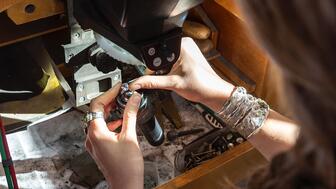
A 10-year alliance has also begun to address the shortage of bench jewelers through scholarships, enhanced programs, and updated equipment.

Every jeweler faces the same challenge: helping customers protect what they love. Here’s the solution designed for today’s jewelry business.
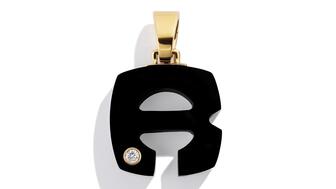
The “Splendente” collection has evolved to feature hardstone letter pendants, including our Piece of the Week, the onyx “R.”

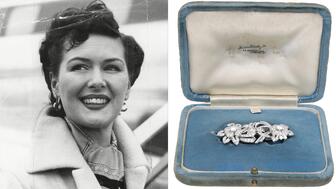
The jewelry collection belonged to “one of society's most glamorous and beautiful women of the mid-20th century,” said the auction house.
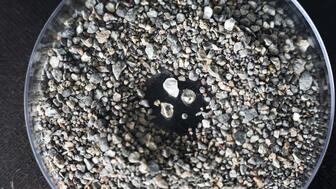
The update came as Anglo took its third write-down on the diamond miner and marketer, which lost more than $500 million in 2025.
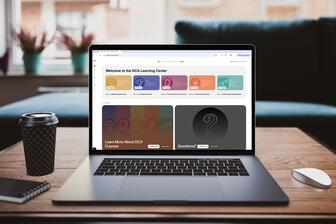
With refreshed branding, a new website, updated courses, and a pathway for growth, DCA is dedicated to supporting retail staff development.
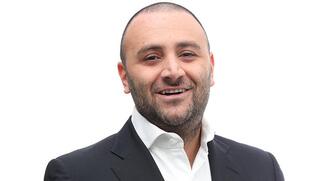
Emmanuel Raheb discusses the rise of “GEO” and the importance of having well-written, quality content on your website.
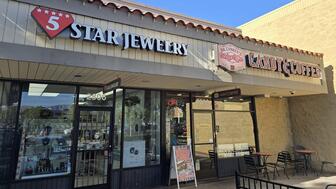
Each received around four years for burglarizing a jewelry store and a coffee shop in Simi Valley, California, last May.
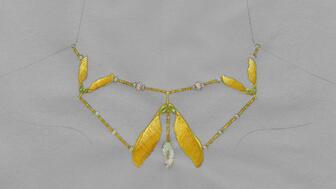
Catherine Aulick, a GIA graduate, received the ninth and final Gianmaria Buccellati Foundation Award for Excellence in Jewelry Design.

We asked a jewelry historian, designer, bridal director, and wedding expert what’s trending in engagement rings. Here’s what they said.
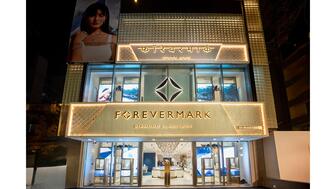
Experts from India weigh in the politics, policies, and market dynamics for diamantaires to monitor in 2026 and beyond.

Beth Gerstein discusses the vibe of the new store, what customers want when fine jewelry shopping today, and the details of “Date Night.”

Are arm bands poised to make a comeback? Has red-carpet jewelry become boring? Find out on the second episode of the “My Next Question” podcast.
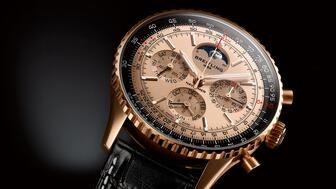
The Swiss watchmaker is battling declining sales amid a rapid retail expansion, according to a Financial Times report.
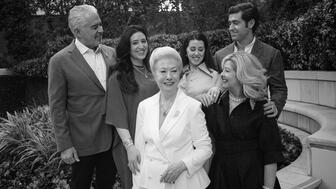
The campaign celebrates Giustina Pavanello Rahaminov, the co-founder’s wife and matriarch of the family-owned brand, for her 88th birthday.

After the Supreme Court struck down the IEEPA tariffs, President Trump imposed a 10 percent tax on almost all imports via a different law.

The vintage signed jewelry retailer chose Miami due to growing client demand in the city and the greater Latin American region.

Former Flight Club executive Jin Lee will bring his experience from the sneaker world to the pre-owned watch marketplace.
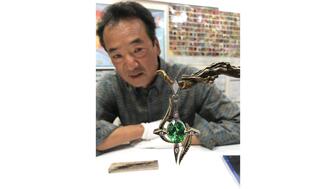
Sakamoto, who died in mid-January following a sudden illness, is remembered for his humility and his masterful, architectural designs.
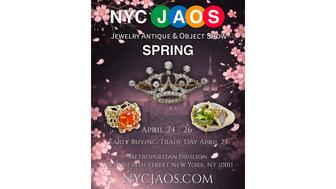
The April event will feature a new VIP shopping day requiring a special ticket.

Bulgari chose the British-Albanian singer-songwriter for her powerful and enduring voice in contemporary culture, the jeweler said.
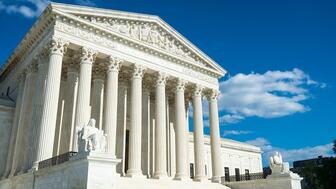
In a 6-3 ruling, the court said the president exceeded his authority when imposing sweeping tariffs under IEEPA.

Smith encourages salespeople to ask customers questions that elicit the release of oxytocin, the brain’s “feel-good” chemical.
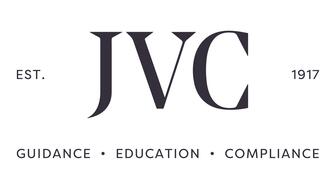
JVC also announced the election of five new board members.
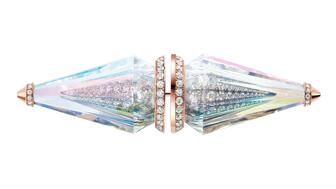
The brooch, our Piece of the Week, shows the chromatic spectrum through a holographic coating on rock crystal.

